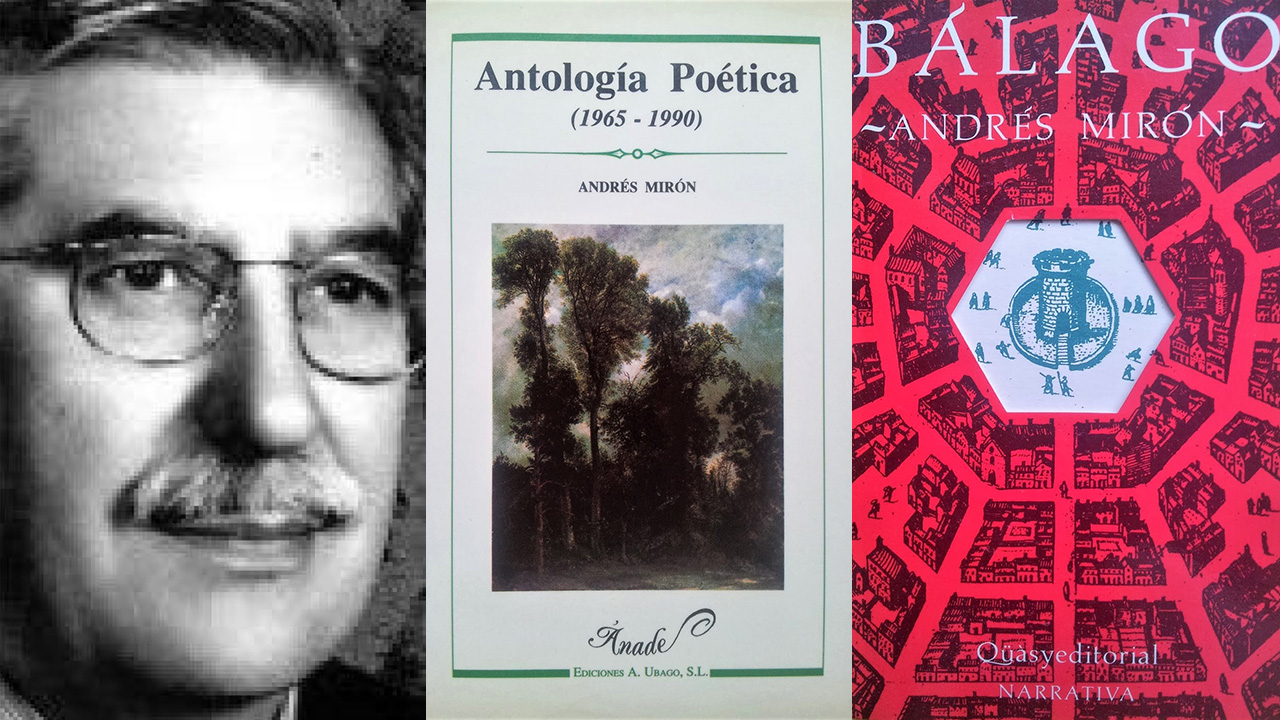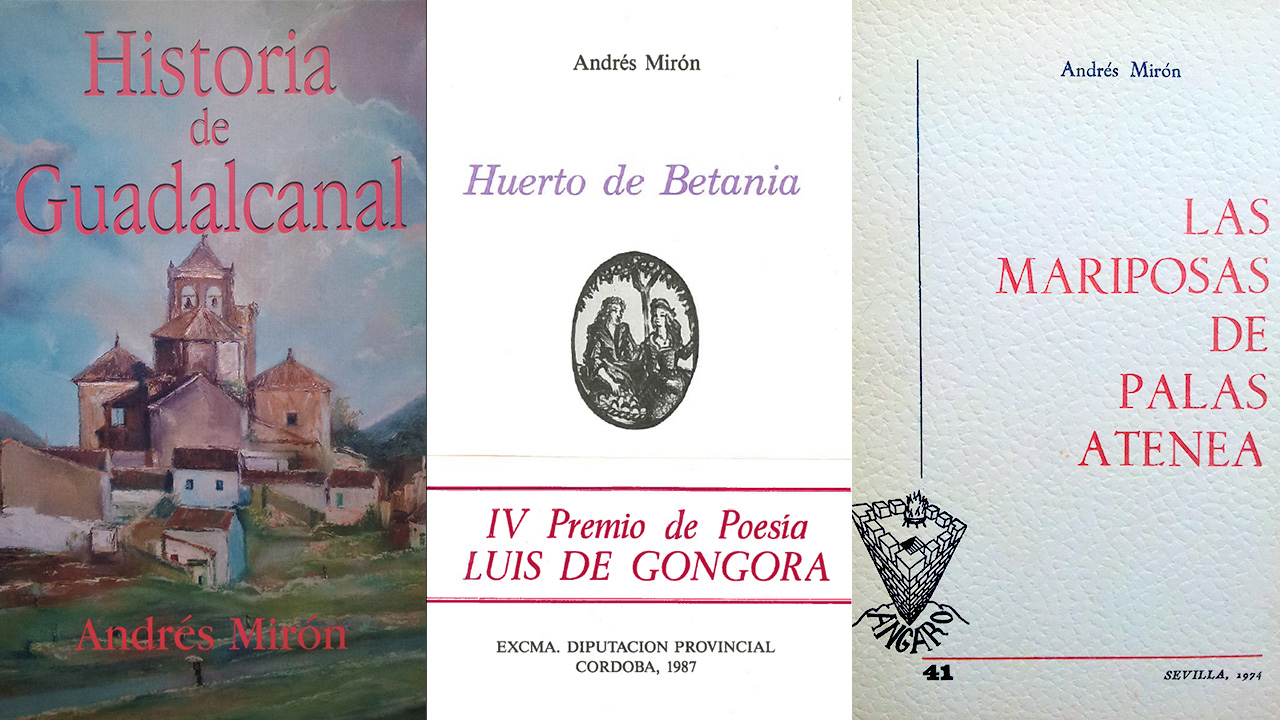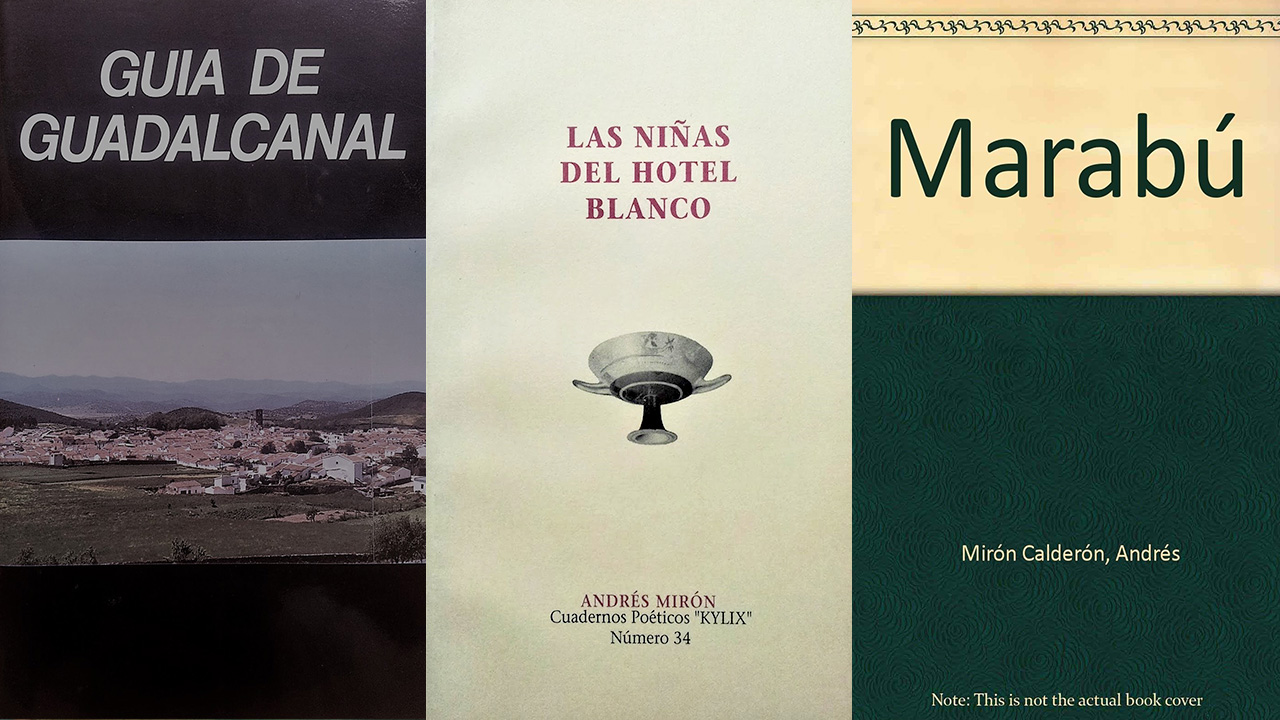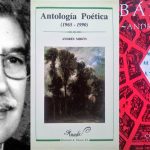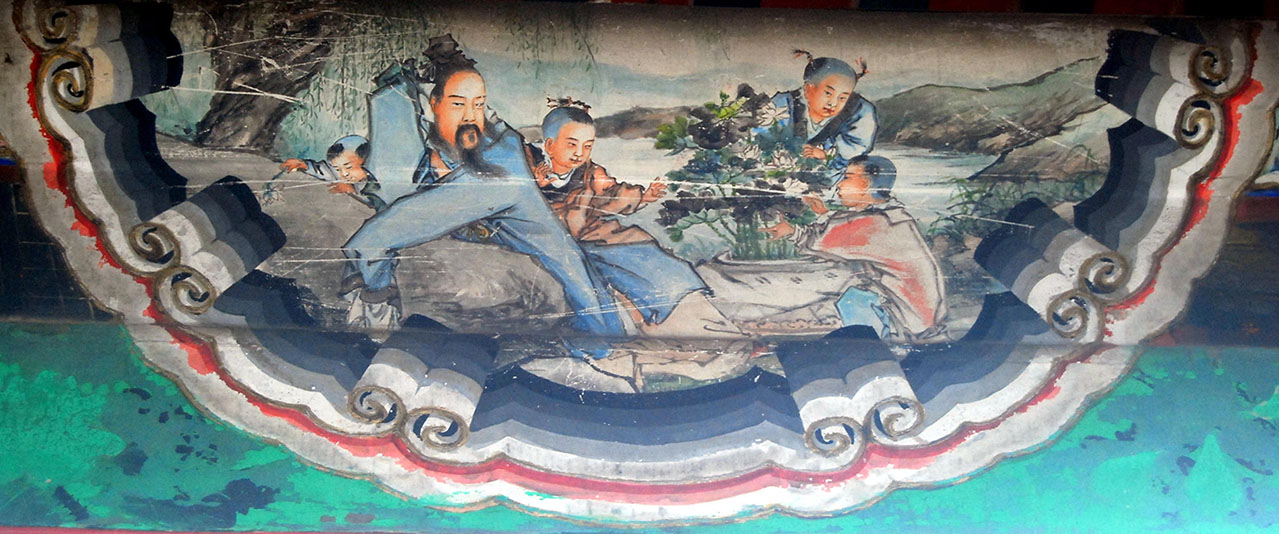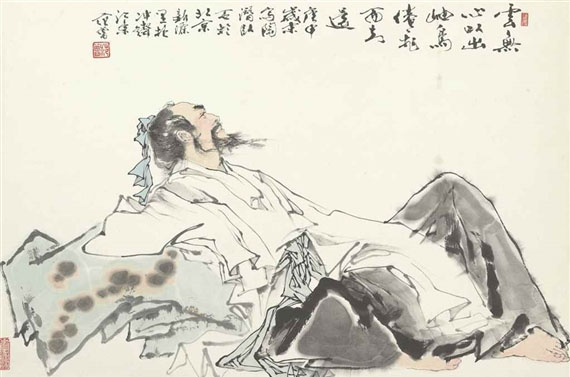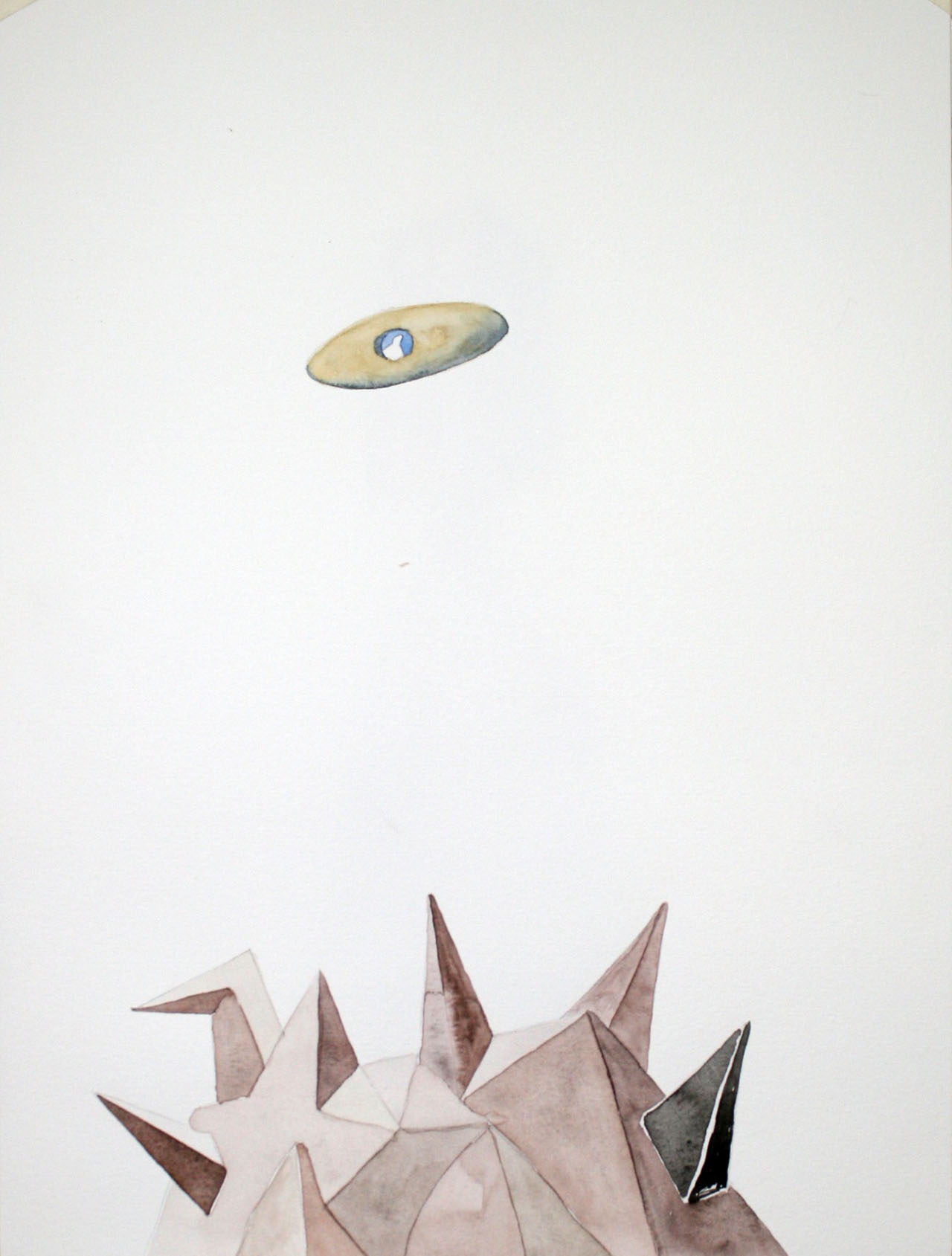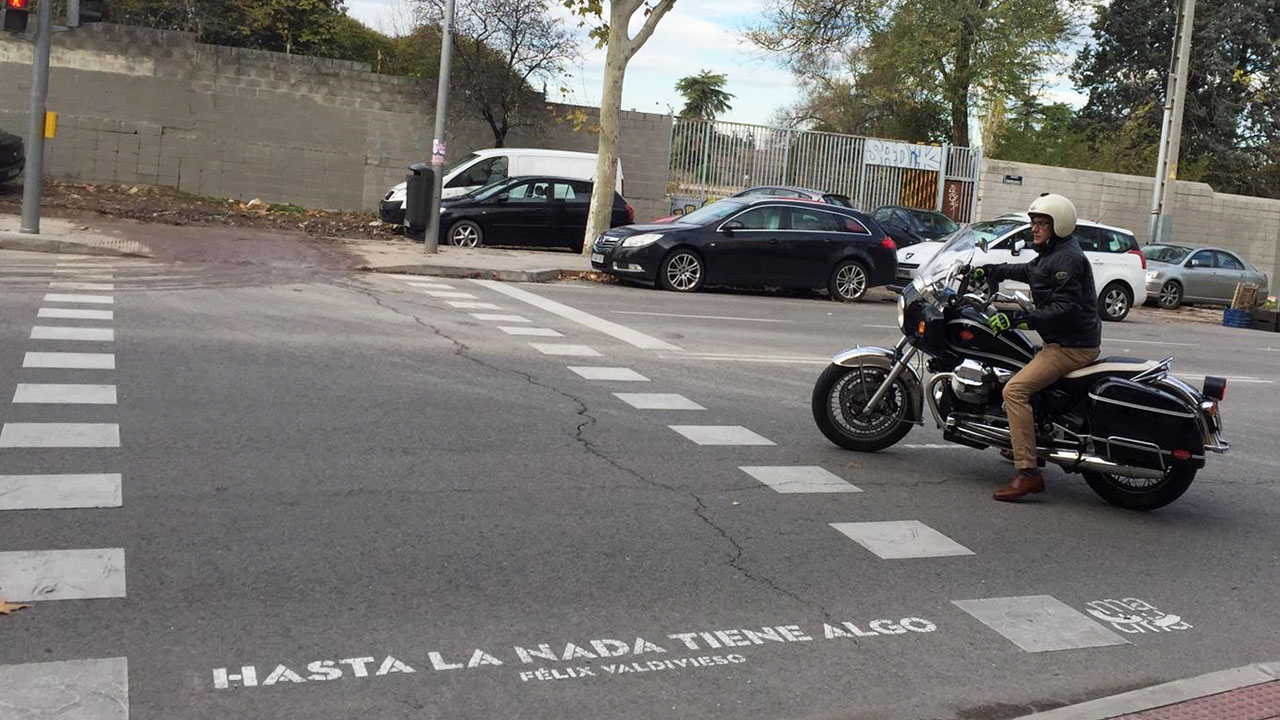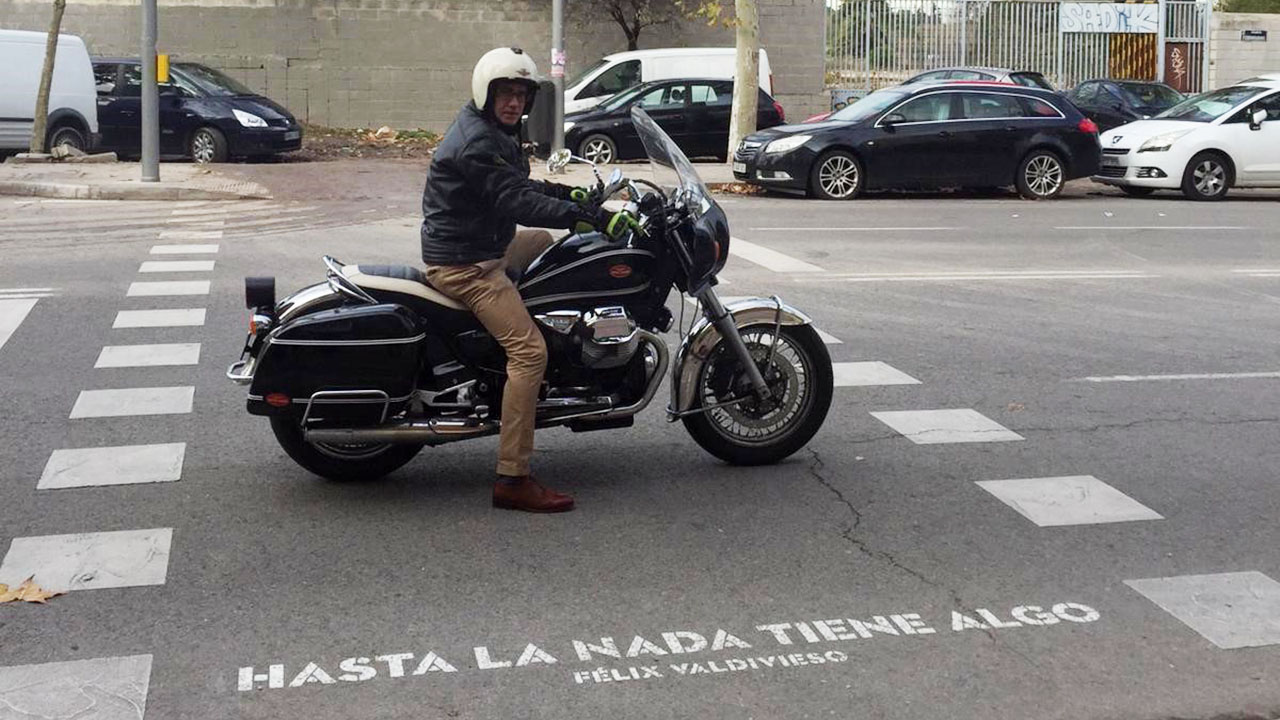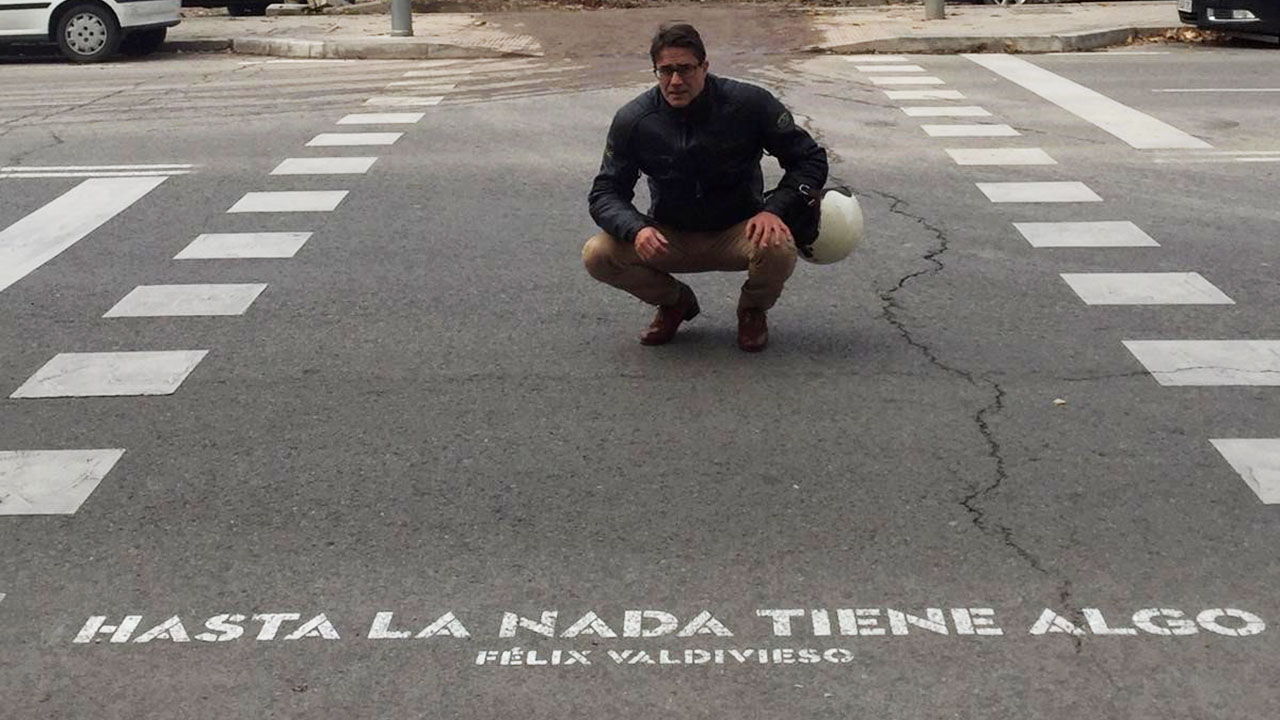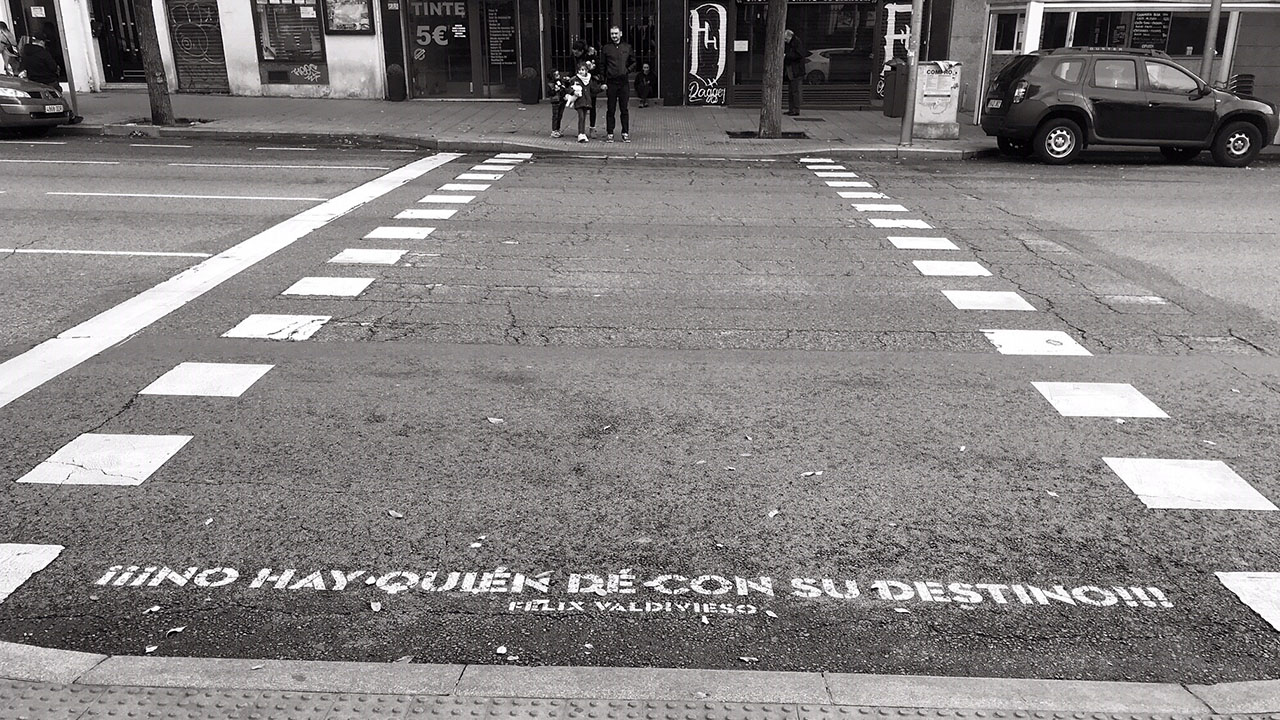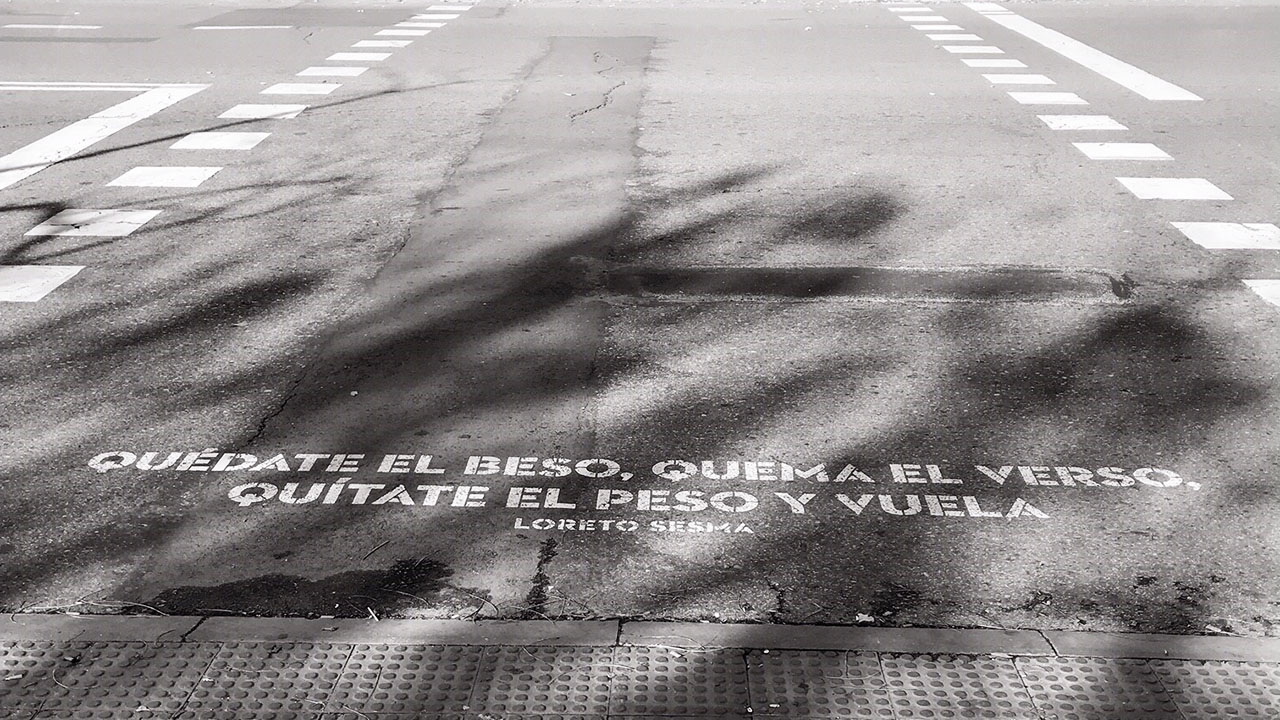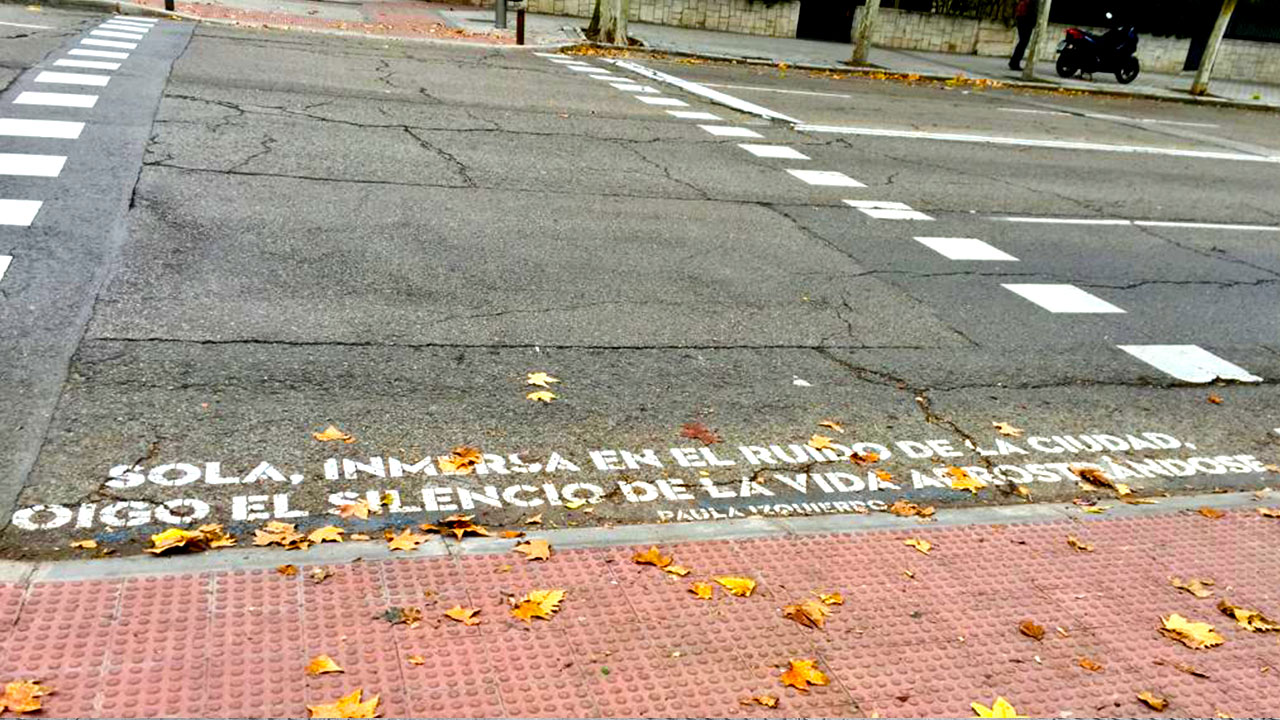The incredible story of Andrés Mirón and how in an irony of fate, right before being killed in a road accident, he won the Villa de Aoiz International Poetry Competition in 2004 with the poem When nothing matters any more.
Most of the time in the IE China Center’s blog On China and Other Niceties I write about China, but just as we can’t eat our favorite dish every day, to hell with China this time, and instead here’s a nicety as defined by the Oxford English Dictionary: “the small details or points of difference, especially concerning the correct way of behaving or of doing things.”
On June 14, while enjoying a coffee together, my colleague Soledad Mirón told me the story of the renowned poet Andrés Mirón, who was killed in a road accident two days before winning the Villa de Aoiz International Poetry Competition in 2004. In an irony of fate, the poem that earned him the prize was called When nothing matters any more. His death brought an illustrious career to an end, with more than 30 collections of poetry published, along with numerous prizes. Soledad collected the Villa de Aoiz prize on behalf of her father.
This October will be the 15th anniversary of Andres Mirón’s death and Soledad wants to pay tribute by reading one of her father’s poems on September 22 in the Jardín del Romeral at 11 am during the Segovia Hay Festival.
—
P.S.: We are grateful to the Segovia Hay Festival Director Sheila Chremaschi and the Managing Director of IE Fund Geoffroy Gerard for their help on this matter.
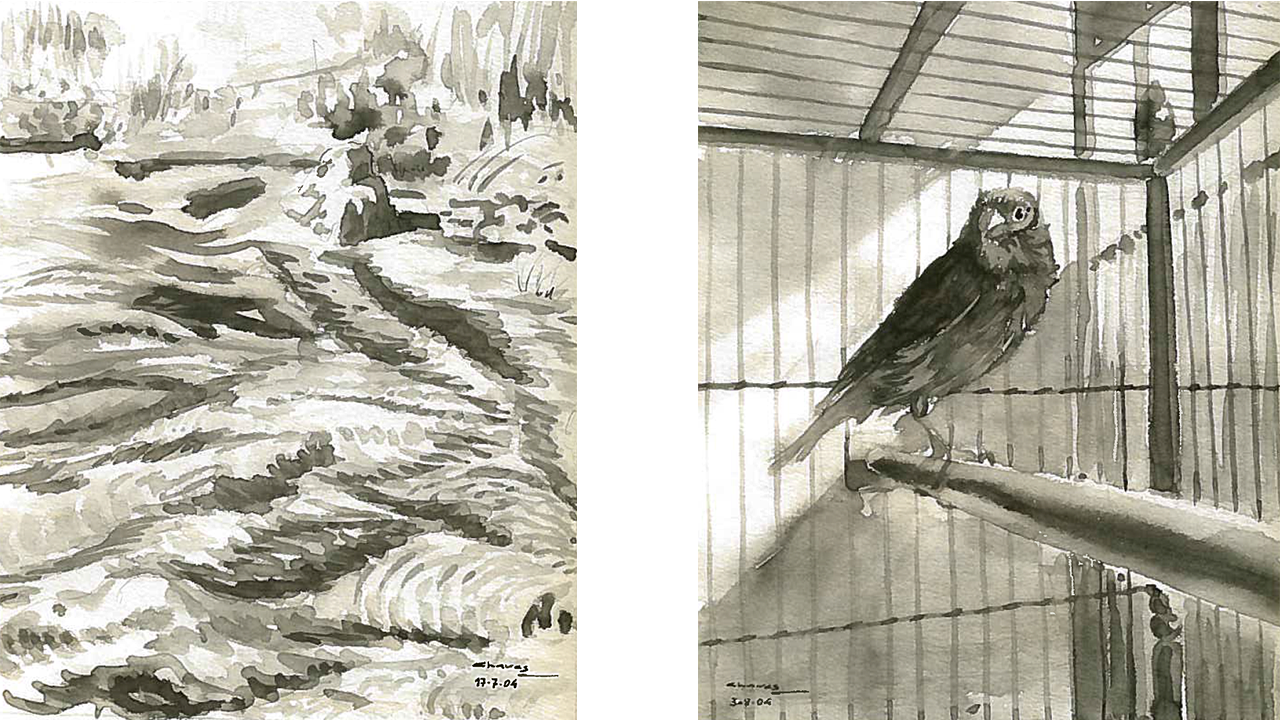

Watercolours by Painter Manuel Chaves, a friend of the poet Andrés Mirón
THE IMPOSSIBILITY OF FORGETTING, a sonnet from the book AUTUMN IN BENALIXA
You ask me to forget you and what I forget
is to do just what you ask me.
In the ice of my life, you decide.
I decide in the honey of what’s been lived.
Forget you, why? What hurt you so
that you say goodbye to me with such indifference?
If perhaps my fire doesn’t suit you,
then neither does your ice suit me.
I fear hurting you by saying that I still kiss
the silk of your voice and am enraptured
remembering the brilliance of our story.
and this is how I forget to forget you.
Now, while I live, I will live to love you,
because you live forever in my memory.
